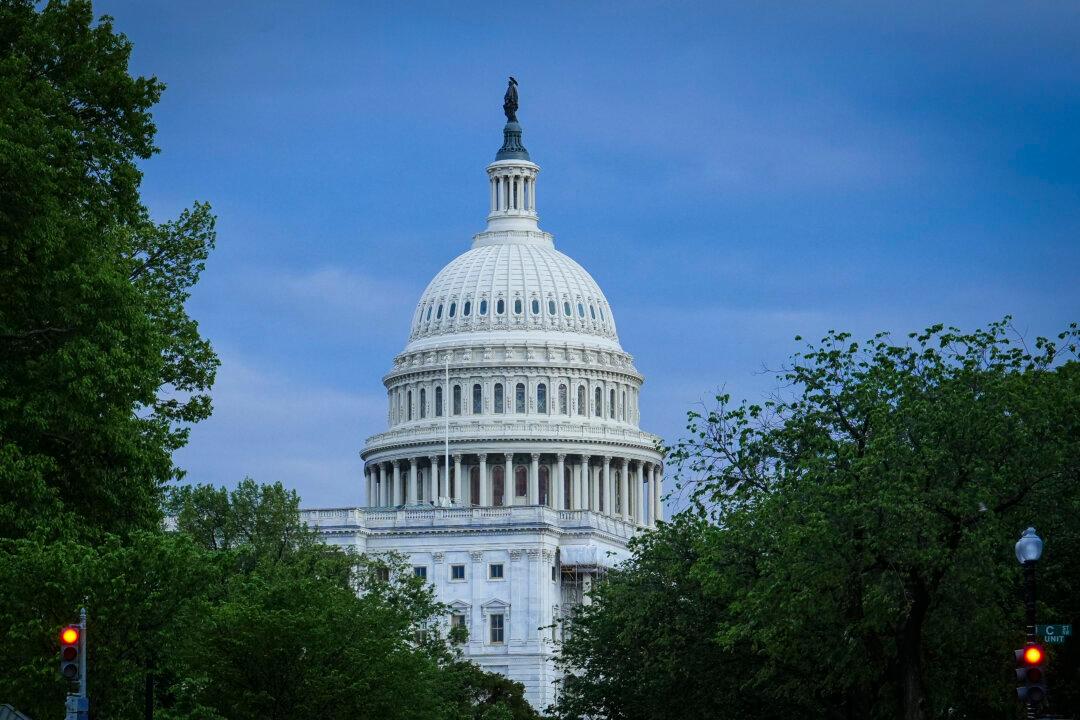The Senate narrowly advanced a joint resolution reversing the Biden administration’s emergency shield against tariffs for some Chinese-made solar panels.
Now, the ball is in President Joe Biden’s court. The White House has said that he'll veto the joint resolution, warning that the measure would “create deep uncertainty for jobs and investments in the solar supply chain and the solar installation market.”





